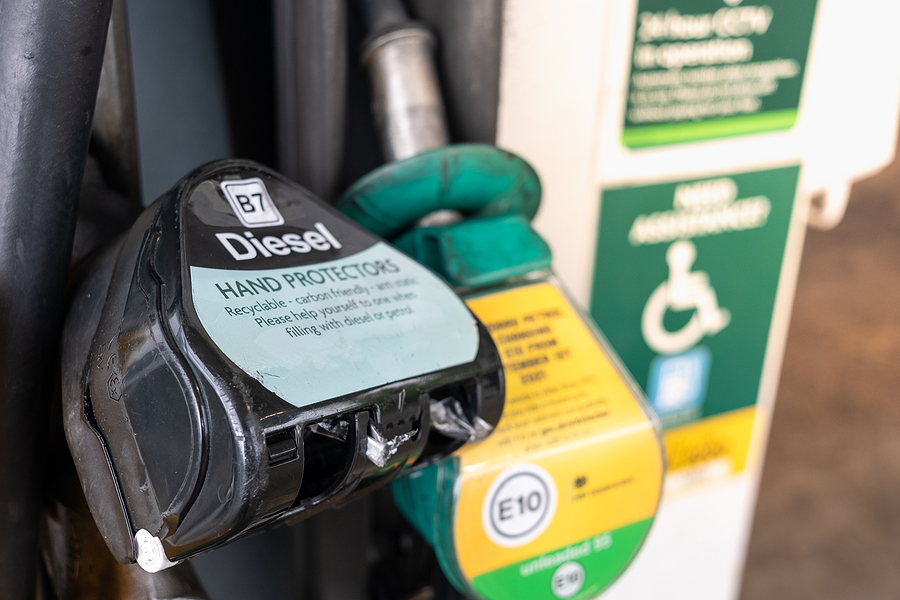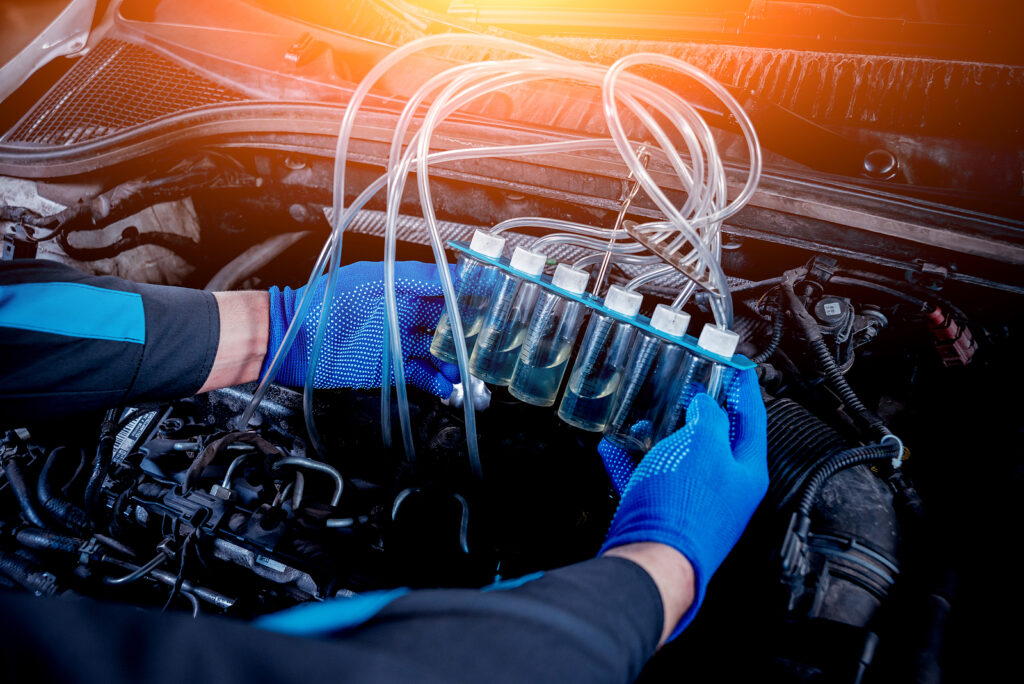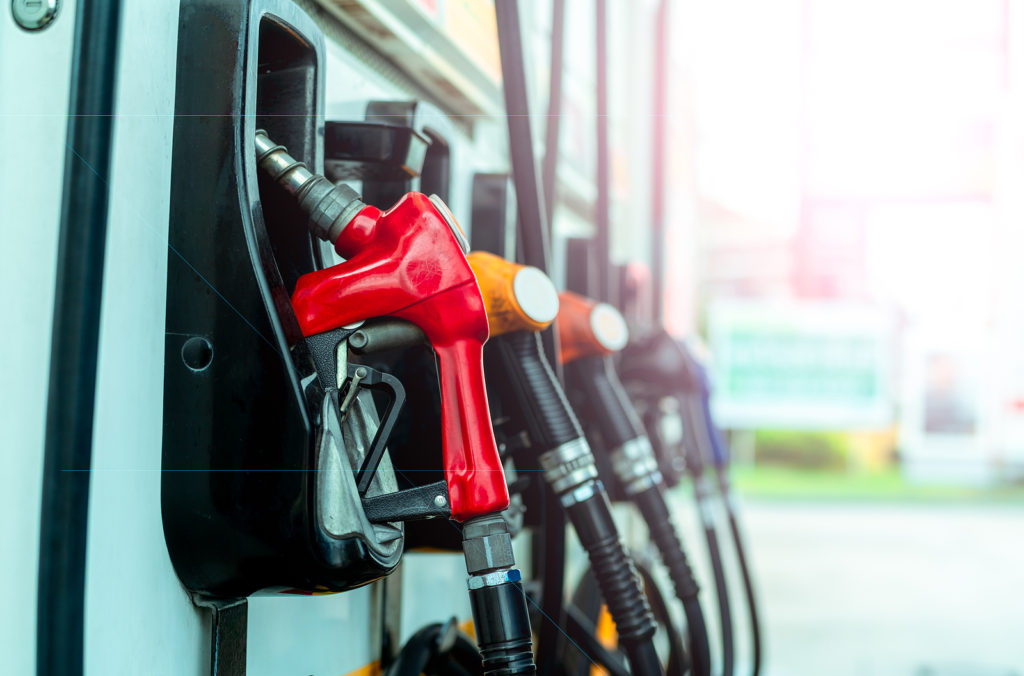With most good things, there is a catch. If you want to lose weight, you have to give up sugar. If you want to save money, you have to rent the smaller apartment. But when it comes to fuel savings, you may have found the exception to the rule! Because believe it or not, there is a way to save your gasoline and reduce fuel consumption without sacrificing an ounce of drive-time! You don’t have to limit your driving by driving less altogether just to save on gas.
Continue reading to learn what you can do to save fuel without restricting the amount of time or distances you drive.

Factory Scheduled Maintenance is Vital
The simple trick to using less gas is not to drive less, but to drive smarter. And a smart driver (YOU) makes sure they are staying current with all their factory scheduled vehicle maintenance. This includes fluid changes like motor oil, coolant, windshield wiper, and power steering. But also includes services like tire balancing and rotation, brake pad inspections and replacements, cabin filter replacements, air filter replacements, comprehensive inspections, and more.
Aside from what your trusted mechanic can provide for your vehicle in terms of routine maintenance, there are many things you can do yourself to keep your ride in tip-top condition, allowing it to utilize fuel efficiently and perform for years to come.
Best Practices for Driving and Car Care
Take initiative into your own hands with do-it-yourself (DIY) car care. There are many things you can do on your own to continue vehicle maintenance in between regular scheduled mechanic visits. You can start by making sure your tires are always properly inflated. When they are not, your vehicle must work harder to assume the same level of performance, which uses more fuel. Also, be sure to periodically inspect the gas cap for damages. This can cause fuel to vaporize into the air.
Another way to use your fuel efficiently is to obey the speed limit and accelerate slowly. This also protects several components of your vehicle, allowing optimal performance and safety. Last, try emptying the trunk and backseat of unneeded materials. This can reduce the overall weight of your car, thus reducing the amount of gas it needs to operate.
Although there is no magical way to truly “drive more and use less”, with routine car care you can optimize your vehicle’s fuel economy, which essentially delivers the same financial gratification. Talk to your trusted automotive service technician about your vehicle’s recommended maintenance schedule. You may refer to your vehicle’s owners’ manual for additional information as well.
Does your car or truck need some routine auto service or a repair? Contact us at 317-475-1846 for the most affordable and reliable auto repair services in Indianapolis, Indiana. Request a free estimate, or schedule service, today.
You Should Also Read:
Recommended Car Maintenance Schedule
Top 3 Ways to Improve Your Car’s Fuel Functionality
4 Ways to Get Better Gas Mileage





